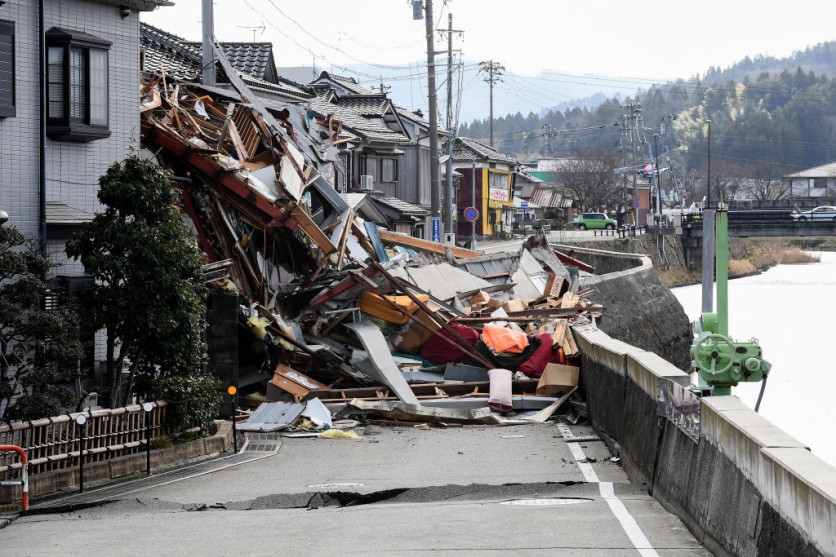Japan's recent seismic activity raises concerns about the resumption of its nuclear facilities, sparking renewed discussions about the country's dependence on nuclear power, which constitutes around 30% of its energy mix.

Lifting Ban on Nuclear Plant
The earthquake occurred shortly after regulators lifted the ban on operating the Kashiwazaki-Kariwa nuclear power plant, the world's largest, owned by Tokyo Electric (Tepco).
Located approximately 120 kilometers from the earthquake's epicenter, the plant had been offline since 2012 due to safety violations, including the inadequate protection of nuclear materials.
Despite Tepco's aspirations to restart the plant by the end of 2024, it encounters staunch opposition from residents and activists who fear a recurrence of a Fukushima-like disaster. This led to water spillage from the nuclear fuel pools at the facility, although Tepco assures that radiation levels remain within normal parameters.
Interesting Engineering reported that analysts at Rystad Energy noted that the Japanese public is still generally less positive toward nuclear power now than they were before the Fukushima disaster.
They emphasize that public sentiment and potential government policies might be sensitive to any new disruptions caused by the recent quake or future seismic events. Japan had initially planned to phase out nuclear power after the 2011 disaster.
However, facing escalating energy costs and recurrent power shortages, there has been a shift towards restarting inactive reactors and developing new ones.
Affecting Stock Market
According to Reuters, the earthquake had a notable impact on the stock market, witnessing a significant decline in shares for Tepco and other utilities on Thursday, the first trading day following the seismic activity.
Tepco's shares experienced an initial drop of up to 8%, recovering to close with a 2.2% increase. Hokuriku Electric, whose Shika plant is approximately 65 kilometers from the quake's epicenter, also faced a decline, initially dropping by 8% before ending down 2.2%.
Reporting incidents of water spill-over from spent nuclear fuel pools and oil leaks at the plant after the earthquake, Tepco expressed its intention to restart the No.2 reactor there sometime after April 2026, as stated in October.
In the wake of the earthquake, Rystad indicated that it doesn't foresee Japan, the world's second-largest importer of liquefied natural gas (LNG), resorting to spot markets immediately, a trend observed after an earthquake in March 2022.
Although extended power plant outages, as witnessed in 2022, could prompt purchases of liquefied natural gas, current spot power prices suggest a return to business as usual.
Associated Press reported that Japan experienced a formidable earthquake that claimed the lives of over 80 individuals and plunged thousands into darkness in the western Hokuriku region.
With a magnitude of 7.6, the quake not only prompted a tsunami warning but also triggered memories of the catastrophic 2011 disaster, resulting in a nuclear meltdown at the Fukushima plant.
This seismic event has rekindled discussions about Japan's dependence on nuclear power, which constitutes around 30% of its energy sources. Japan is inherently susceptible to earthquakes and tsunamis.
Despite the rapid dissemination of public warnings and swift responses from both the public and officials, certain areas continue to grapple with the absence of essential amenities such as water, electricity, and mobile connectivity.
This left residents uncertain about their future, underscoring the importance of proactive disaster preparedness and response strategies.
Related Article : Seattle's Growing Earthquake Risks Require Urgent Hazard Assessment Update, Study Says

ⓒ 2025 TECHTIMES.com All rights reserved. Do not reproduce without permission.




